M A Hossain
The Trump administration’s decision to slash USAID’s budget for Africa by a staggering 83 percent has reignited debates about America’s long-term role on the continent. While some see this as an abdication of responsibility, others argue that it could be a much-needed wake-up call for a fundamental rethink of U.S. engagement in Africa. The familiar narrative—America as Africa’s benefactor and Africa as America’s perpetual aid recipient—has outlived its usefulness. The real question isn’t whether the U.S. should remain engaged, but how it can engage in a way that fosters genuine self-sufficiency and strategic partnership rather than dependency and inefficiency.
For decades, Sub-Saharan Africa has been the largest recipient of U.S. foreign aid, averaging $8 billion annually. A significant portion of this assistance has targeted healthcare, economic development, and food security, with programs like The President’s Emergency Plan For AIDS Relief (PEPFAR), Feed the Future, and Power Africa providing critical support. Yet despite these efforts, many African nations remain mired in economic stagnation, political instability, and governance failures.
The reason is simple: aid, as it is currently structured, is not a solution; it is a stopgap. Roughly 70 percent of U.S. aid to Africa is funneled into health programs, primarily addressing HIV/AIDS, malaria, and maternal health. While these initiatives have undoubtedly saved lives, they have also created a system in which African nations continue to rely on external funding rather than developing independent, resilient healthcare infrastructures.
Moreover, a significant portion of U.S. aid never reaches its intended beneficiaries. Bureaucratic overhead, administrative costs, and consultant fees eat up a substantial percentage of the funding. USAID, for all its well-intentioned initiatives, operates through a maze of intermediaries—NGOs, contractors, and multilateral organizations—rather than through direct government-to-government partnerships. This model, while politically convenient, dilutes accountability and often leads to misallocated resources.
The unintended consequences of foreign aid are well-documented. Nations that rely heavily on external assistance often struggle to build self-sustaining economies. Governments become adept at soliciting and managing aid rather than fostering homegrown industries and investment. In some cases, foreign aid has even fueled corruption, with government officials siphoning funds or using them to bolster patronage networks rather than serving their populations.
Some argue that cutting aid would create a power vacuum that China is all too eager to fill. Beijing’s Belt and Road Initiative has entrenched Chinese influence across Africa through infrastructure projects and financial investments. But rather than framing U.S. policy as a zero-sum competition with China, Washington should recognize that it has a different value proposition to offer—one rooted in transparency, governance, and sustainable economic partnerships rather than debt dependency.
The United States should not turn its back on Africa, but it must engage differently. Rather than writing blank checks, Washington should focus on fostering genuine economic partnerships, incentivizing private-sector investments, and empowering local institutions.
Encouraging American businesses to invest in Africa’s burgeoning industries—technology, renewable energy, and manufacturing—would do more for long-term economic stability than indefinite aid. U.S. companies should be incentivized to establish operations in Africa, creating jobs, transferring skills, and building local supply chains. The U.S. International Development Finance Corporation (DFC) should be empowered to offer low-risk loans and insurance to American firms willing to invest in Africa’s high-potential sectors.
Unlike China’s debt-heavy infrastructure model, the U.S. should promote projects that prioritize African agency and ownership. Transparent, mutually beneficial agreements that transfer technical expertise and managerial control to local governments and businesses would ensure that infrastructure development serves Africa’s long-term interests rather than foreign creditors.
One of the most critical factors in Africa’s development trajectory is governance. The U.S. should shift its focus from aid dependency to institutional support, helping African nations develop transparent regulatory frameworks, anti-corruption mechanisms, and efficient public services. Programs that train African leaders, lawyers, and civil servants in best practices for governance and economic management would be far more valuable than indefinite financial assistance.
While aid-dependent health programs may decline, the U.S. should prioritize investments in education and workforce development. Expanding scholarship programs, technical training, and academic partnerships between African and American universities would empower Africa’s next generation of leaders and entrepreneurs. A more educated workforce would naturally attract private investment and spur homegrown innovation.
Africa is not a charity case; it is a continent brimming with potential. The U.S. must shift its engagement strategy from one of paternalistic benevolence to one of strategic partnerships. The future of Africa will not be determined by how much aid it receives, but by how effectively it mobilizes its own resources, talents, and institutions.
Rather than lamenting the reduction in USAID funding, Washington should seize this moment as an opportunity to redefine its role. The goal should not be to outspend China or maintain a decades-old aid paradigm, but to foster a relationship built on mutual respect, economic collaboration, and sustainable progress.
America’s generosity has always been a defining characteristic of its global engagement, but generosity without strategy is wasteful. By shifting its focus from aid to investment, from handouts to partnerships, and from dependency to self-reliance, the U.S. can build a stronger, more resilient, and more meaningful relationship with Africa—one that serves both American interests and African aspirations.
M A Hossain, political and defense analyst based in Bangladesh. He can be reached at: writetomahossain@gmail.com

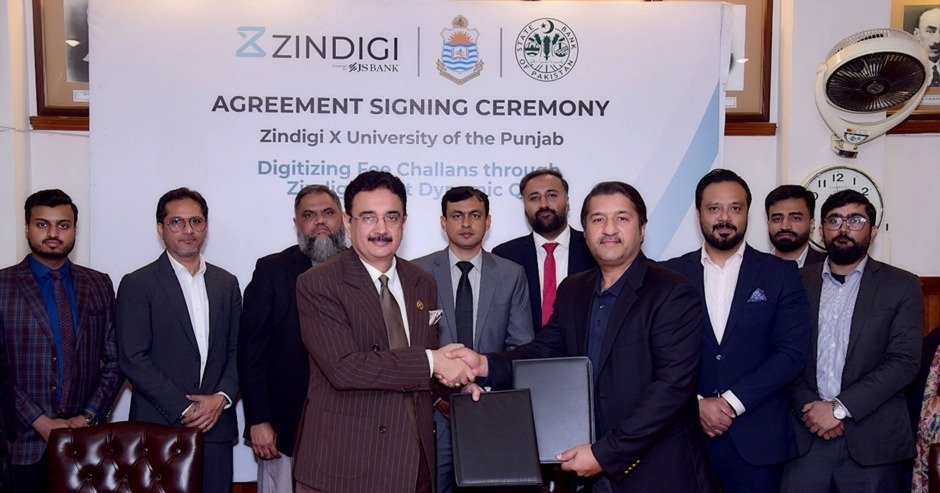

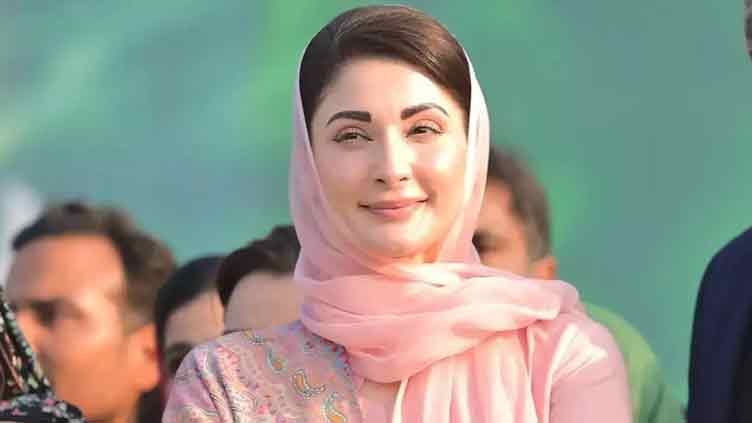
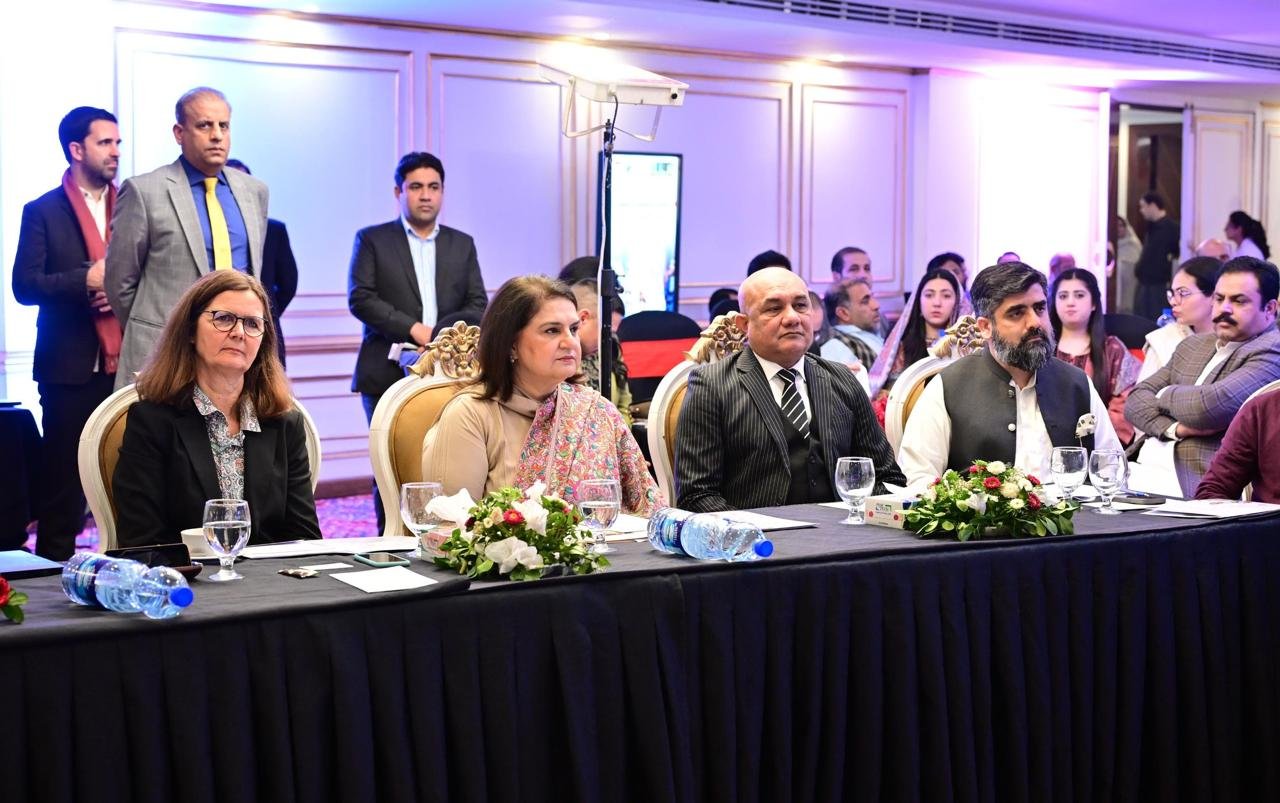
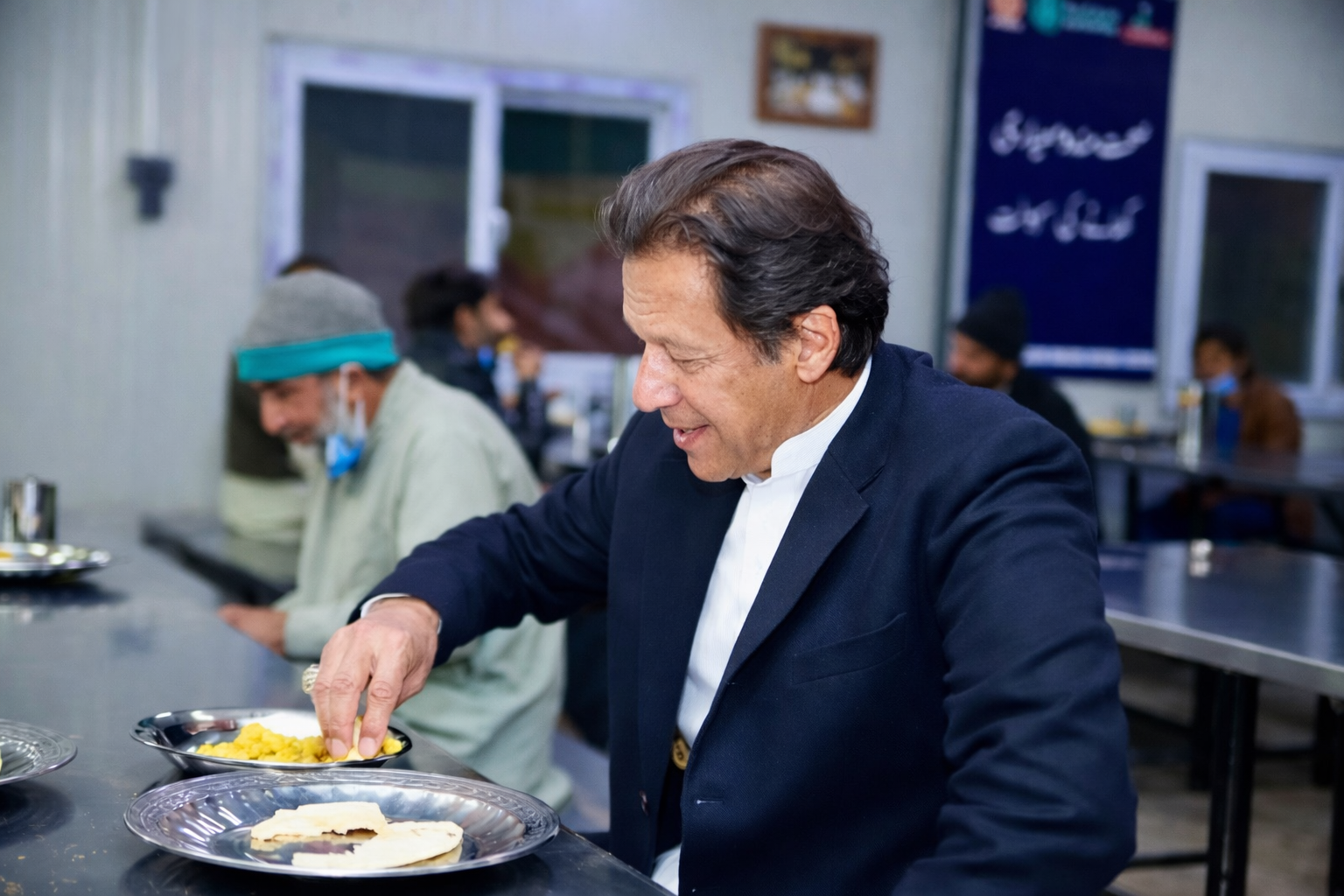
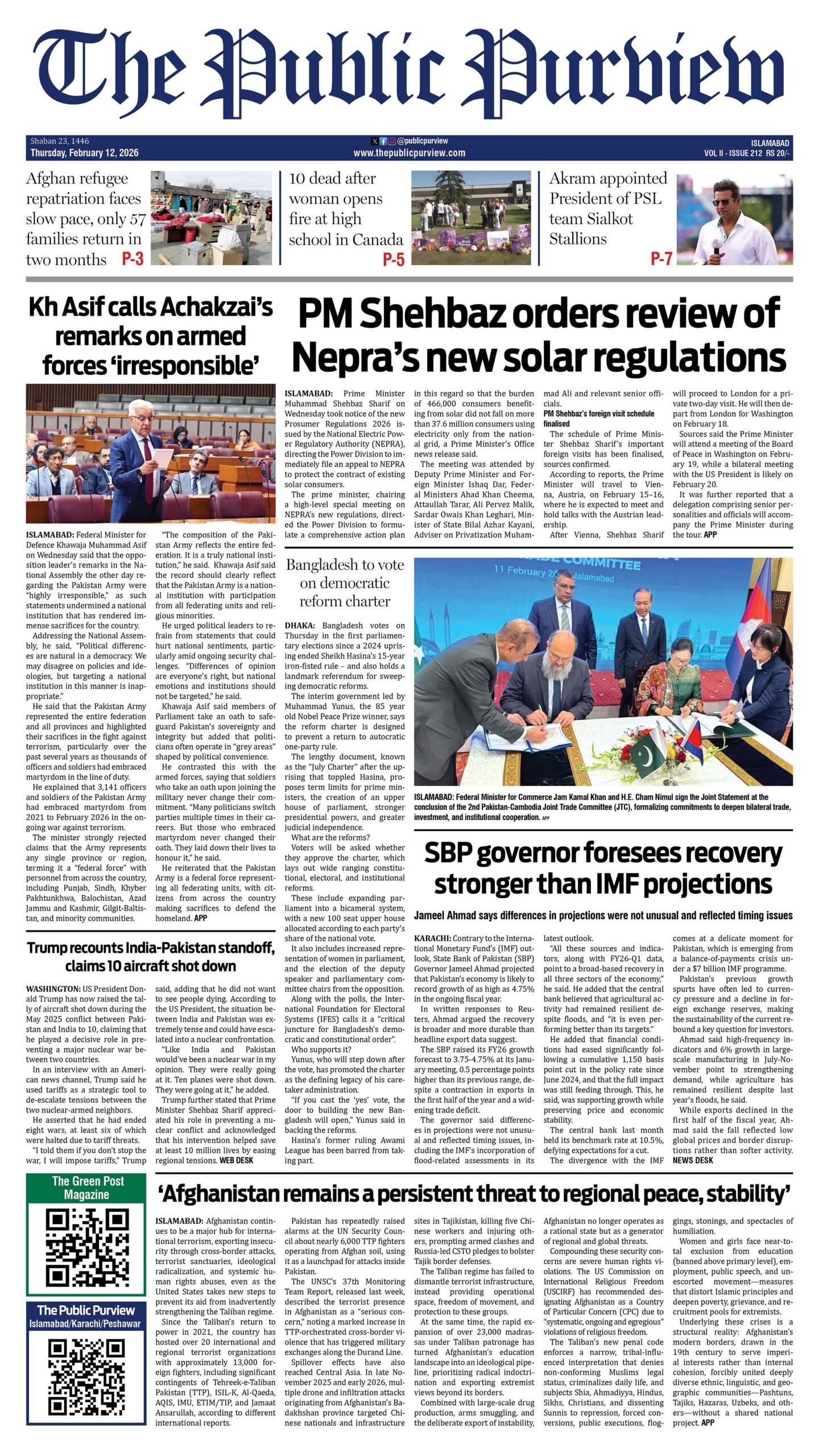 Today's E-Paper
Today's E-Paper